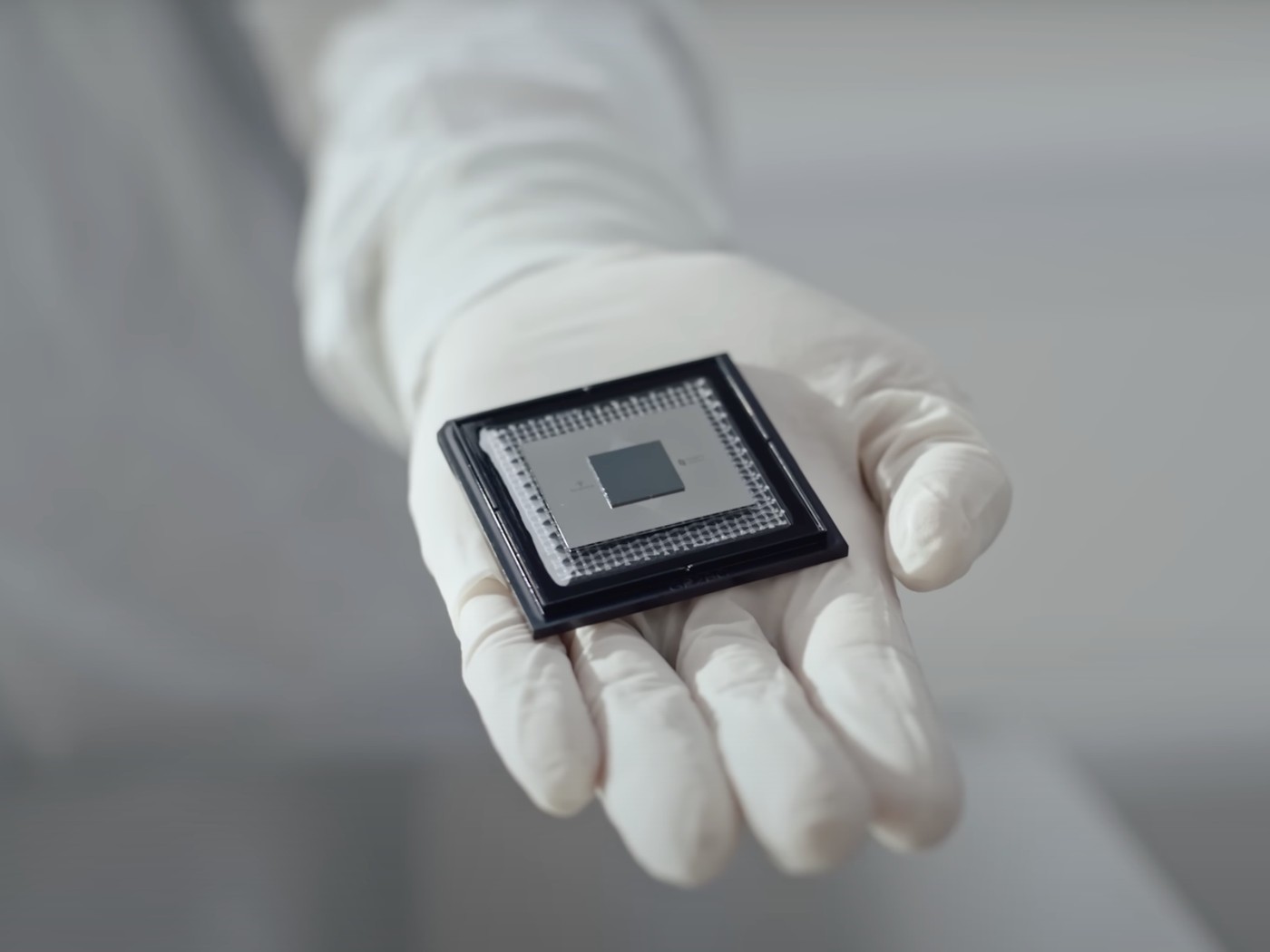
In a groundbreaking announcement, Google has unveiled its latest quantum computing achievement - the Willow quantum chip, which the tech giant claims can solve certain computational problems at speeds that dwarf traditional supercomputers.
According to Google, their quantum computing breakthrough can complete specific calculations that would take even the most advanced conventional supercomputer an astounding 10 septillion years. To put this in perspective, that's longer than the current age of the universe.
The development represents a potential milestone in quantum computing, a field that harnesses the peculiar properties of quantum mechanics to process information in fundamentally different ways than classical computers.
Rather than using traditional bits that exist as either 0 or 1, quantum computers utilize quantum bits or "qubits" that can exist in multiple states simultaneously through a phenomenon called superposition. This allows quantum systems to tackle certain types of problems with unprecedented efficiency.
While Google's claim is remarkable, experts note that quantum advantages are currently limited to very specific types of computational problems. The technology remains in its early stages, with challenges around error rates and maintaining quantum states.
The practical applications of such quantum speedups could eventually impact fields like cryptography, drug discovery, and complex system optimization. However, quantum computers are not expected to replace classical computers for most everyday computing tasks.
Google's announcement adds to the intensifying global race in quantum computing development, with major tech companies and nations investing heavily in the technology.
The company has not yet released detailed technical specifications about Willow or independent verification of its performance claims. As the field advances, such breakthrough announcements will require rigorous peer review to validate their significance.